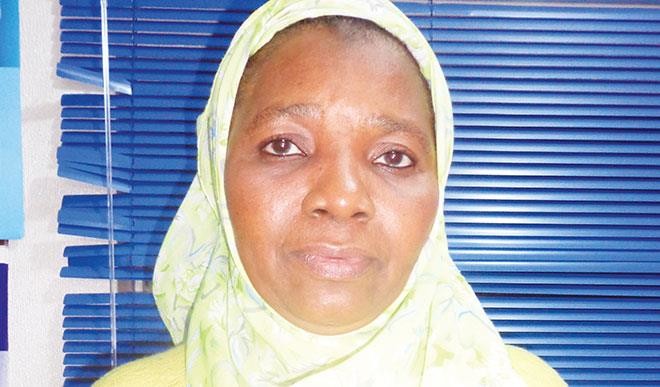Most private schools operate on bank loans – NAPPS president
Samira Jibir is the president of the National Association of Proprietors of Private Schools (NAPPS), Federal Capital Territory (FCT) chapter. She is also the executive director, Glisten International Academy, Abuja. She spoke on the challenges private schools face in the city. What are the challenges you faced when you came on board as the […]


Samira Jibir is the president of the National Association of Proprietors of Private Schools (NAPPS), Federal Capital Territory (FCT) chapter. She is also the executive director, Glisten International Academy, Abuja. She spoke on the challenges private schools face in the city.
What are the challenges you faced when you came on board as the president of this association in the FCT?
The challenges are many. Most of our members don’t have permanent plots. Most of the plots are in the bush and there is no infrastructure. Multiple taxation is another challenge we have been facing. The Federal Inland Revenue (FIR), insurance and others are charging us.
Most of us are operating on bank loans. Go and check. We have to pay the interests, we provide the services, and at the same time, we have to contend with all the charges.
But in the FCT, we’ve been lucky because we have good relationship with the government. They have been inviting us for dialogue. They have been listening to us. We also dialogue with the parent agency that is under quality assurance. But other agencies have been disturbing us.
How would you describe the achievements you have made so far?
With the cooperation of our executive members, we have been able to have a secretariat. We furnished it and employed somebody. We have been able to organise workshops on security and health issues.
We have been able to print banners and fliers. We have been able to organise seminars on educational capacity building for our members. That is teachers from different schools. We have been able to dialogue with several government agencies on how to move forward. We are happy that we are getting cooperation from our members and other people that are willing to support us.
What efforts are you making to address the issue of multiple taxation?
I told you that there is nothing like dialogue. We channelled our concern to the then secretary of education; but unfortunately, we didn’t hear anything.
Another challenge is that everybody wants to visit private schools, either to supervise us or charge taxes. We want to tell people that the Department of Quality Assurance is enough to tell us what we are supposed to do. Whether we are getting it right or not, they are in a better position to guide us.
Is it because of multiple taxation that most private schools charge exorbitant fees?
That is another concern. School owners are seen as shylocks. If you are talking of exorbitant school fees, look at how we operate. I told you that most of the schools operate on loans from banks at 23/25 per cent interest rates. The quality of uniforms we give can attest to that. Look at the quality of members of staff we employ, the quality of services we render. Is there anything that is greater than giving education? Education is the best legacy parents can give to their children. No matter what the parents give, no matter what amount of wealth they have bequeathed to the children, the moment the child doesn’t have good education, he is not equipped to face the challenges of running the business or managing whatever the parents have left them.
Some private school owners charge their fees in foreign currencies; don’t you think that it is too much, considering the economic condition of the country?
I don’t know where this is coming from. Nigeria is my country. It is my home and that is where we belong. So why are we charging fees in foreign currencies? Let us be proud of what we do as a country. I know that the Central Bank of Nigeria has given an order to that effect, not only to school owners.
You can’t go to the United Kingdom and tell them that you want to charge fees in your own currency, no matter how much value it has. So it is left for us Nigerians to accept it or reject it. But legally, the CBN has made it categorical that no establishment should take foreign currency.
What do you think is the solution to these problems?
We have to start from the scratch – the training of teachers. We need to be sure of the quality of teachers we have. We must get it right. I attended Women Teachers’ College (WTC). I attended Advanced Teachers’ College (ATC), and when I did my B. Ed, it was the same thing. It has been a career. Can any person get into law from another profession? It is not possible. Can any person go into medicine from another profession? It is not possible. So we have to give that credibility to teachers. And behold, everybody, including you, went through a teacher. Our effect and what we do have no boundary in the world.
